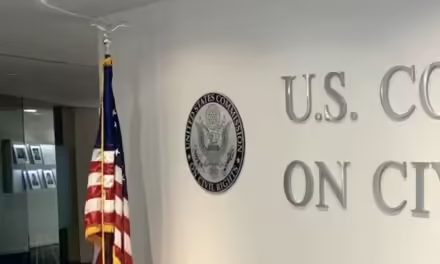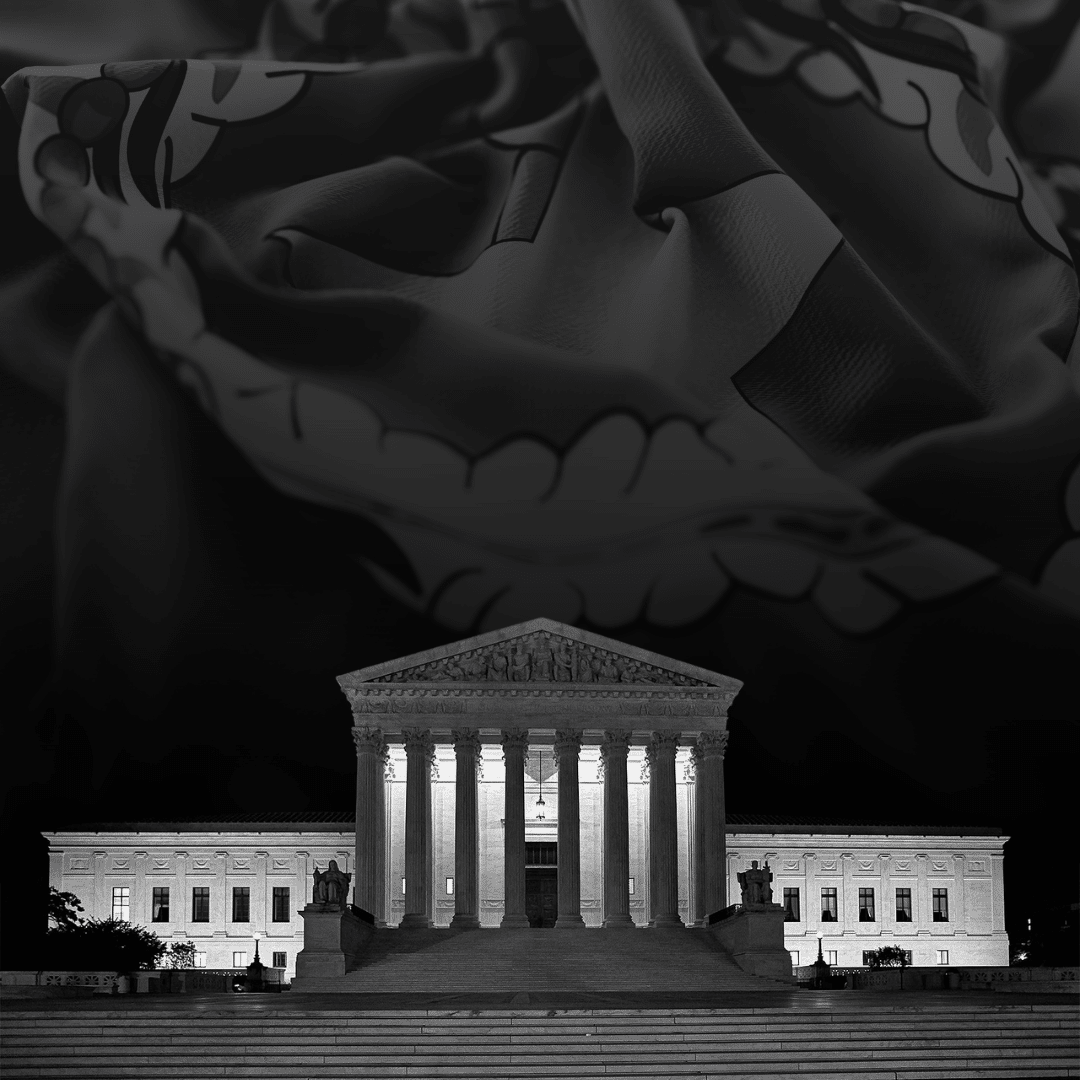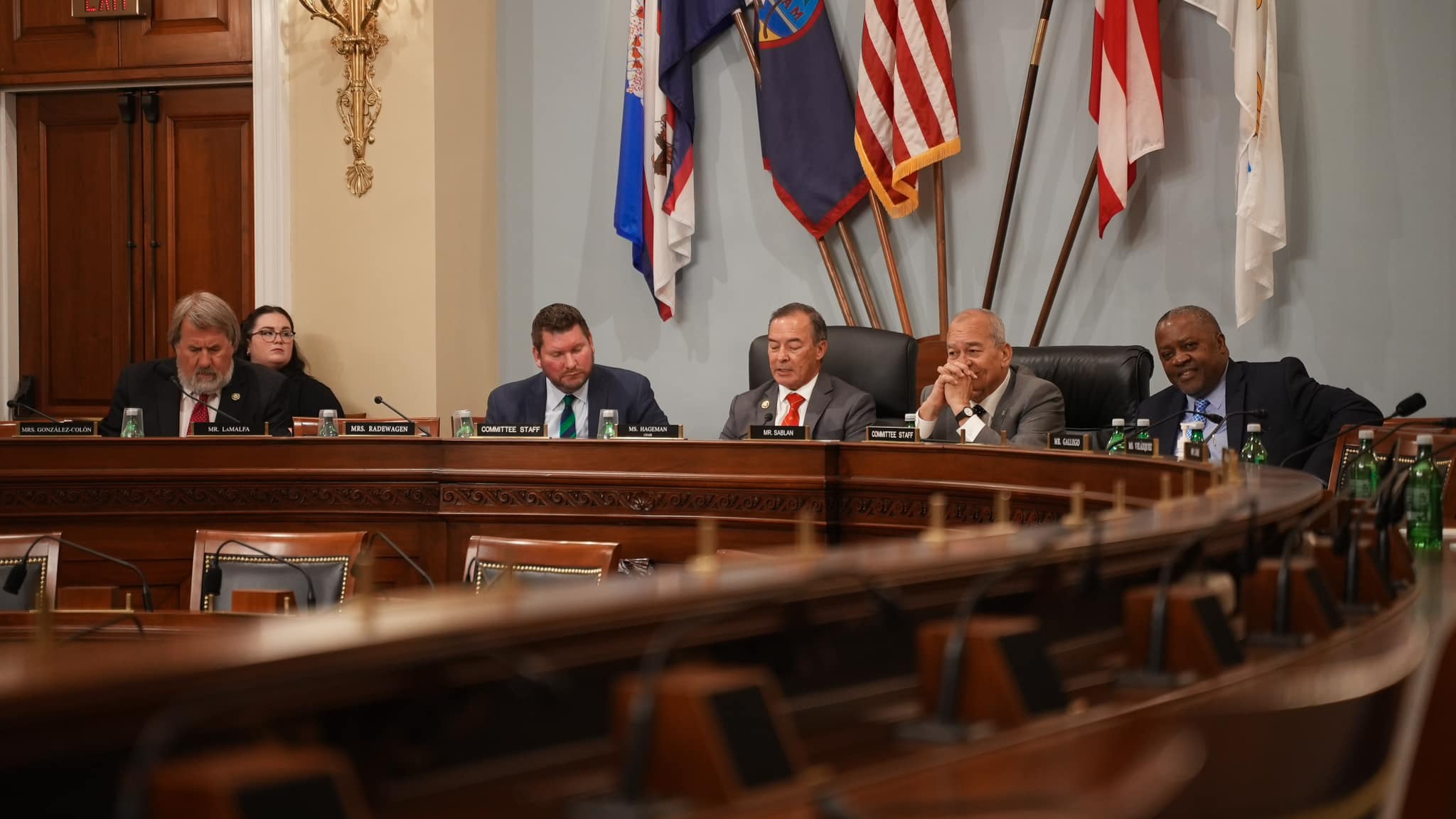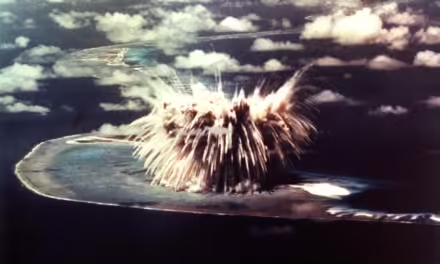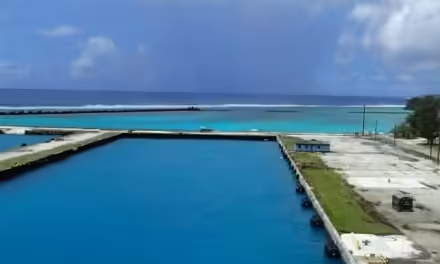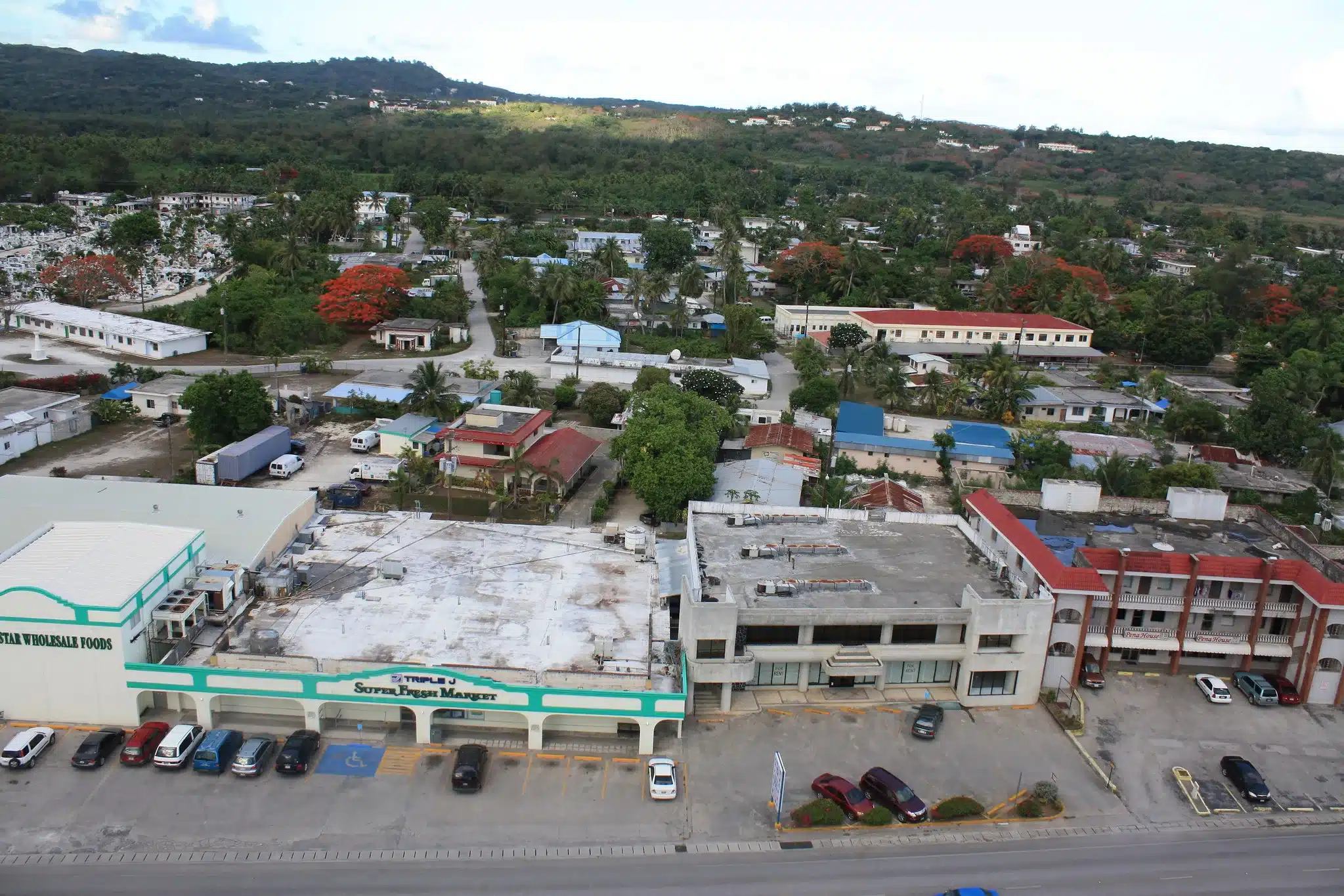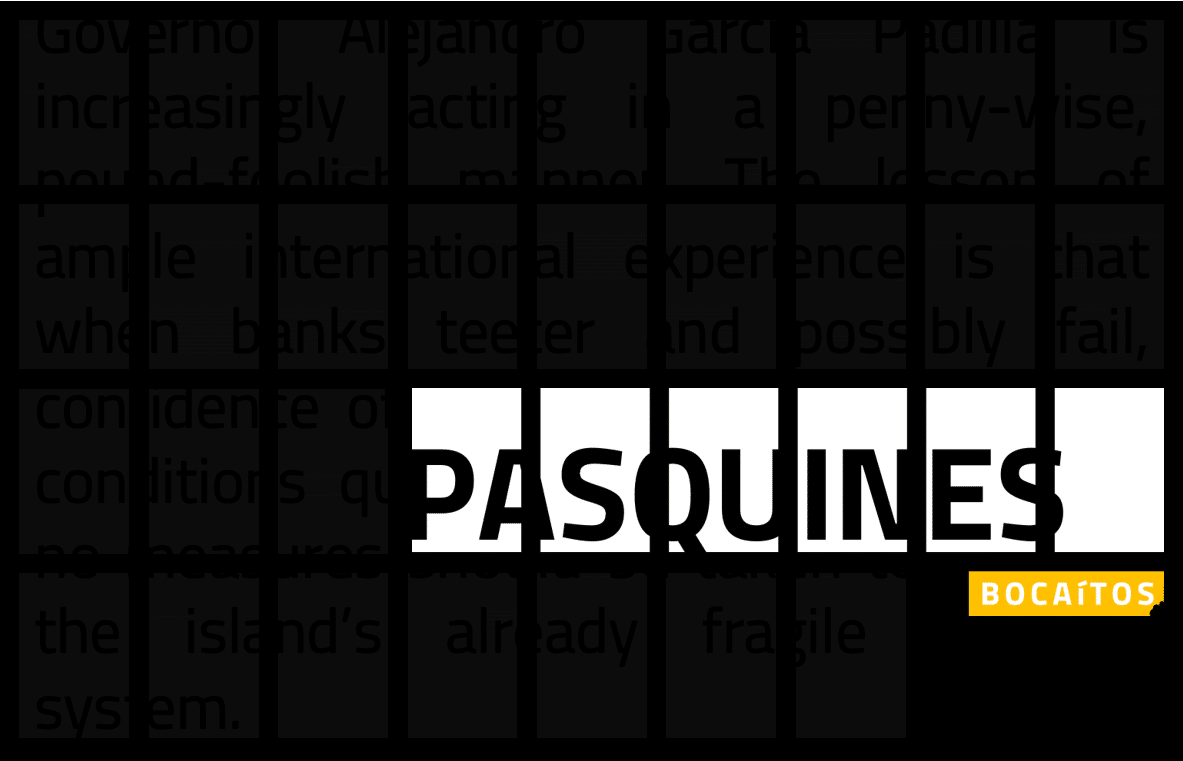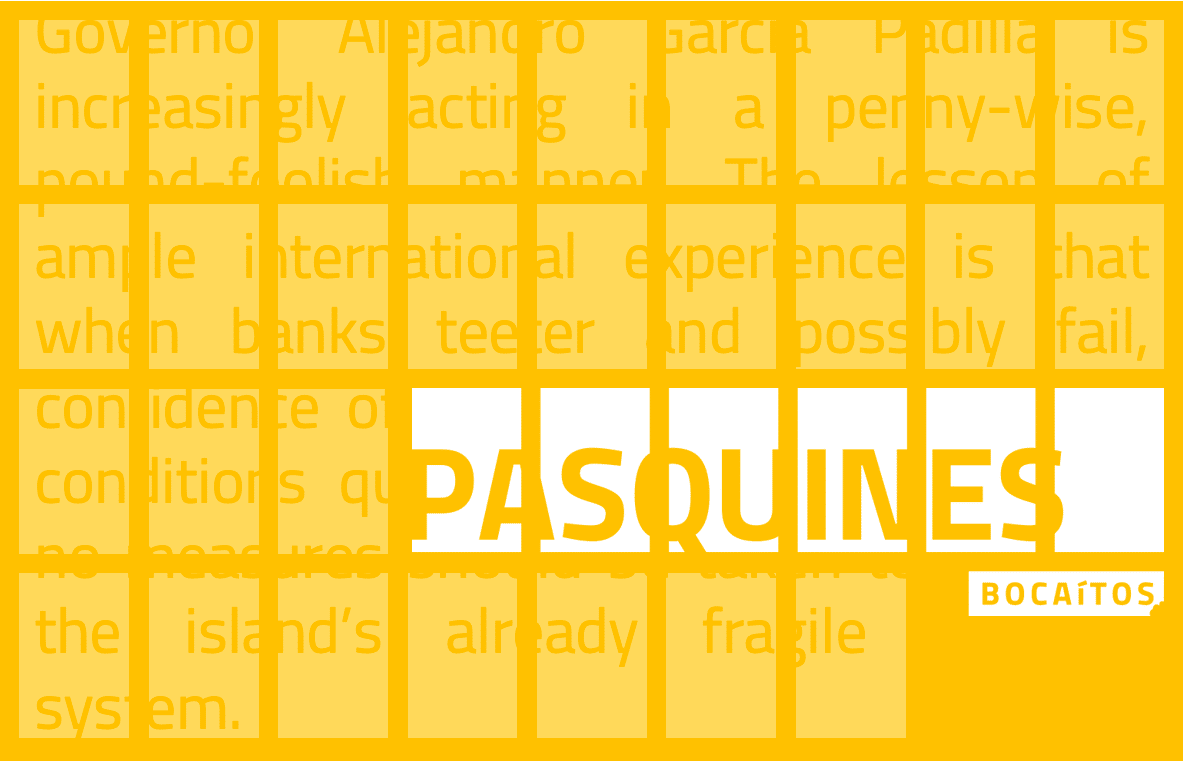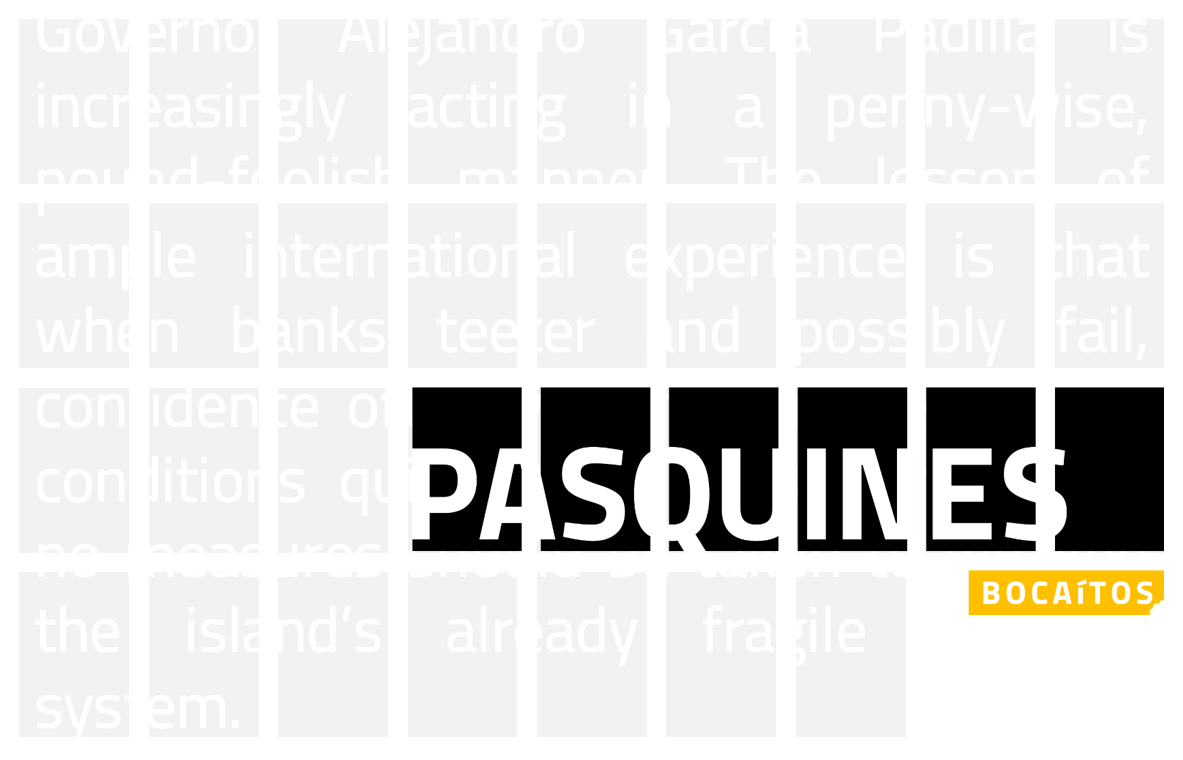Why Are We Colonizing Puerto Rico?
The New Republic published this op-ed which at first glance might seem like an April fool’s post since it implies the United States colonizing Puerto Rico is something that isn’t already true and speaks of “commonwealths” as if though they were clearly defined entities within the US constitutional framework, but no, it is a real post. And unfortunately for Puerto Rico its topic is also very real.
The House discussion draft, known as the “Puerto Rico Oversight, Management, and Economic Stability Act’’ or PROMESA (Spanish for “promise”), would set up a Financial Oversight and Management Board for the commonwealth. This five-member board would by appointed by the president, but four of the five appointees would come from lists provided by the House Speaker and the Senate Majority Leader. No board member can be a Puerto Rican elected official or even a candidate for office; the governor of the commonwealth would sit on the board as an additional member, but have no voting rights.
In other words, Puerto Ricans would have absolutely no say over the oversight board. In fact, the board wouldn’t have to follow the laws of Puerto Rico. According to a summary of the discussion draft, the oversight board will be empowered to audit the Puerto Rican government (and would have subpoena power to compel documents), and to subsequently create “efficiencies and reforms” to address the debt crisis. Those are code words for austerity, which has already ravaged the island and worsened its economic prospects.
In other words, PROMESA is a recipe to rip away the sovereignty from Puerto Rico’s government and impose austerity solutions with no hope of escape. This is precisely the kind of counterproductive scenario that pushed Greece into depression. And inevitably, it would resolve the debt crisis on the backs of pensioners and ordinary Puerto Rican citizens, with the bondholders almost entirely protected.
Couple things: Puerto Rico has remained colonized since the Spanish-American War of 1898, commonwealth is a meaningless term, and that Puerto Rico’s government possesses sovereignty is a debatable claim, at best (see Puerto Rico v. Sanchez Valle). That said, the PROMESA bill is indeed a very stringent piece of legislation that has alarmed virtually every politician and elected official in the islands. We will have to see how much it changes before its passage and implementation.

